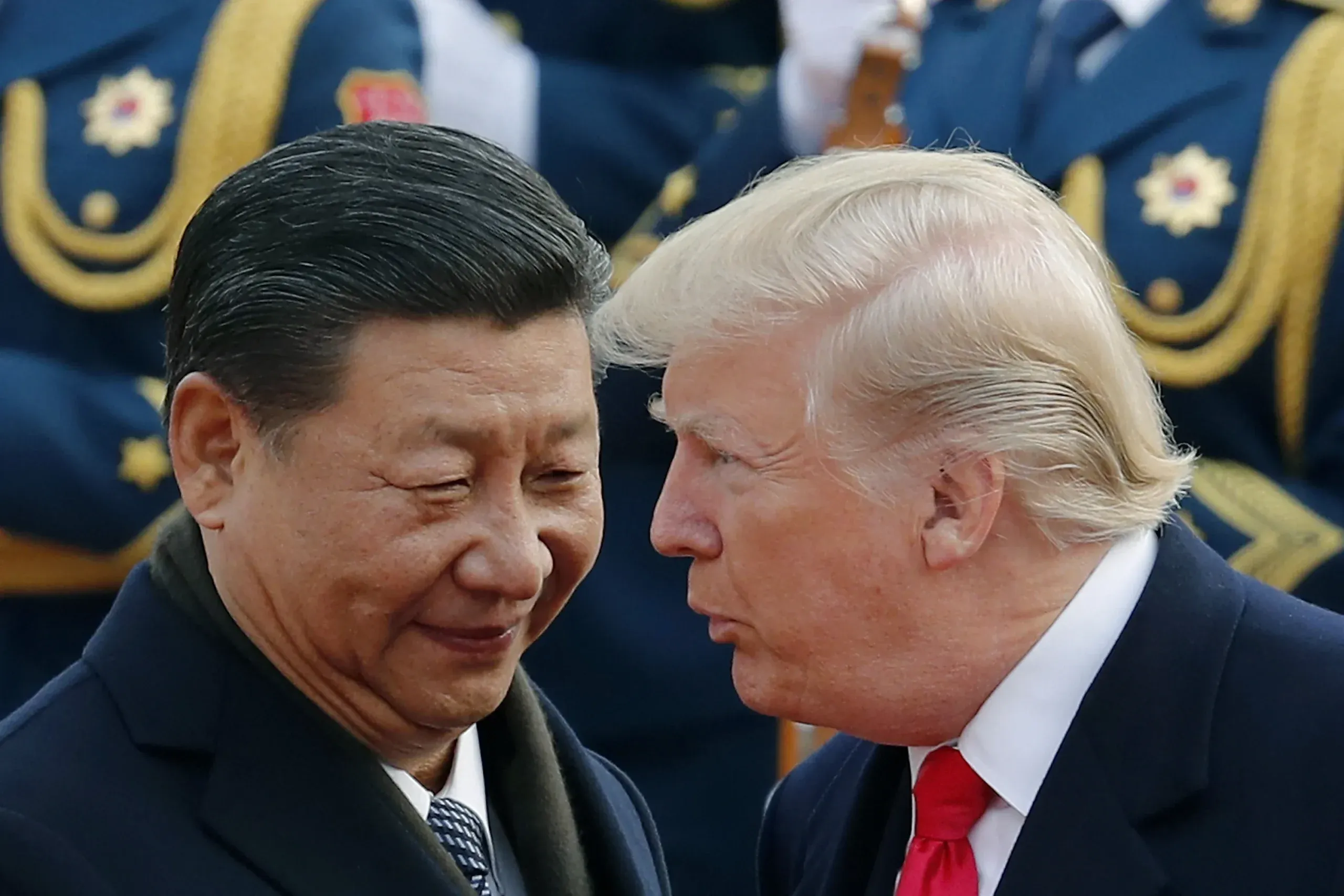China has just played its ultimate “Trump card,” sending shockwaves through the United States with sweeping new export controls on rare earth minerals. This unexpected move, announced just two weeks ago, has put the U.S. government on high alert, exposing America’s critical dependence on Chinese resources essential for modern technology.
 In a strategic maneuver reminiscent of ancient military tactics articulated by philosopher Sun Tzu, China has struck at America’s Achilles’ heel. From now on, any product containing even 0.1% of Chinese rare earths will require Beijing’s approval before being exported. The implications are staggering: rare earth minerals are vital for everything from electric vehicle motors to military jet guidance systems. With China controlling 70% of global mining and an overwhelming majority of processing and manufacturing, the U.S. finds itself cornered in a battle it never anticipated.
In a strategic maneuver reminiscent of ancient military tactics articulated by philosopher Sun Tzu, China has struck at America’s Achilles’ heel. From now on, any product containing even 0.1% of Chinese rare earths will require Beijing’s approval before being exported. The implications are staggering: rare earth minerals are vital for everything from electric vehicle motors to military jet guidance systems. With China controlling 70% of global mining and an overwhelming majority of processing and manufacturing, the U.S. finds itself cornered in a battle it never anticipated.
The response from Washington has been frantic. Treasury Secretary Scott Bassen has publicly insulted Chinese officials while lobbying for emergency powers, declaring, “This is China versus the world.” Yet, Beijing remains calm and collected, asserting its position without fear of a tariff war. This stark contrast highlights a growing realization among U.S. officials: while Trump threatens tariffs, China is executing a well-planned strategy to gain the upper hand.

In a revealing moment, Trump himself acknowledged the unsustainability of his tariffs, admitting that a 100% tariff on top of existing duties would cripple the U.S. economy. This admission raises critical questions about America’s leverage in the ongoing trade war. As Trump prepares for a meeting with Chinese President Xi Jinping at the upcoming APEC summit, the stakes have never been higher.
Experts warn that the U.S. has no coherent strategy to counter China’s dominance in rare earths, which has become a mirror of its own sanctions. The ramifications are already being felt across various sectors. In May, when China first halted rare earth exports, U.S. factories producing advanced military and consumer technologies came to a grinding halt. Without access to these crucial materials, companies like Ford were forced to shut down operations, underscoring the urgent need for a robust response.

China’s preparations for this trade war have been extensive. Instead of relying on U.S. technology, China has invested billions in developing its own semiconductor industry, shifting its supply chains to other allies for essential goods. This strategic pivot is a clear indication that China is not just reacting but actively dictating the terms of the trade conflict.
The stakes in this geopolitical showdown extend beyond rare earth minerals. The battle for supremacy in artificial intelligence is intensifying, with China rapidly advancing while the U.S. risks isolating itself from a market that represents 30% of the global technology landscape. Nvidia CEO Jensen Huang warns that America’s exit from the Chinese market could hand the AI race to Beijing, as China builds its own systems in the absence of American technology.
As the U.S. government grapples with rising national debt, now surpassing $37 trillion, the economic implications of this trade war are dire. With defense spending competing against interest payments, national security is at risk. The question remains: how long can China wield its rare earth card before the balance of power shifts irreversibly?
In this high-stakes game, the urgency for a comprehensive U.S. strategy has never been clearer. The world watches as the U.S. must confront not only its economic vulnerabilities but also the profound implications for global technological leadership. As tensions escalate, the future of American industry and national security hangs in the balance.





